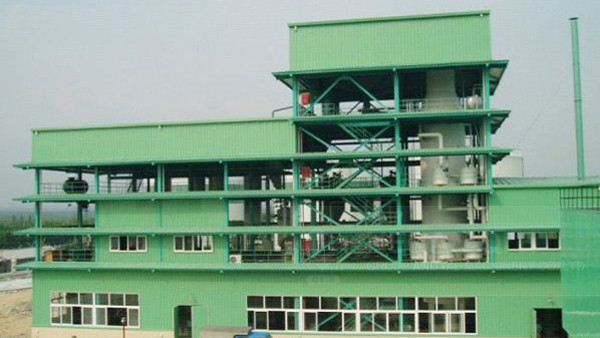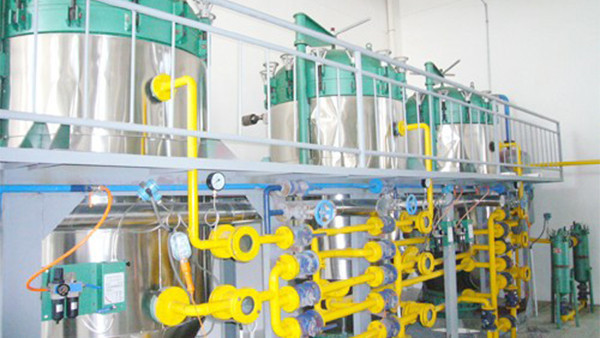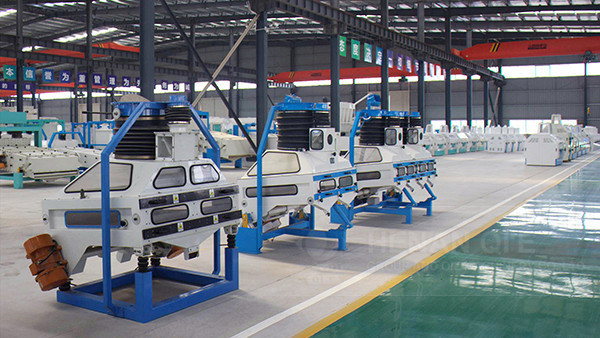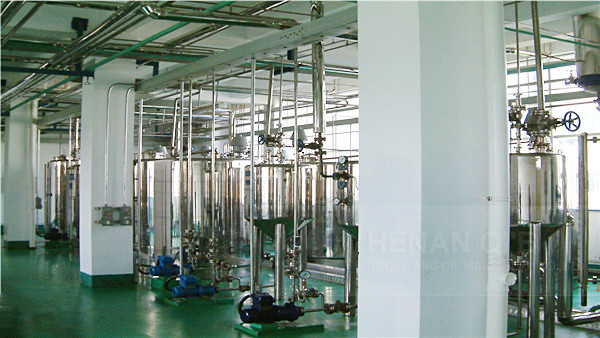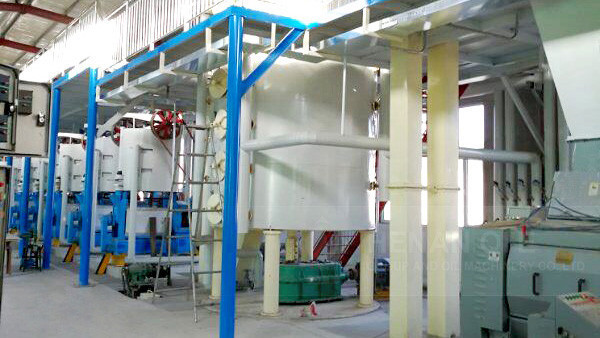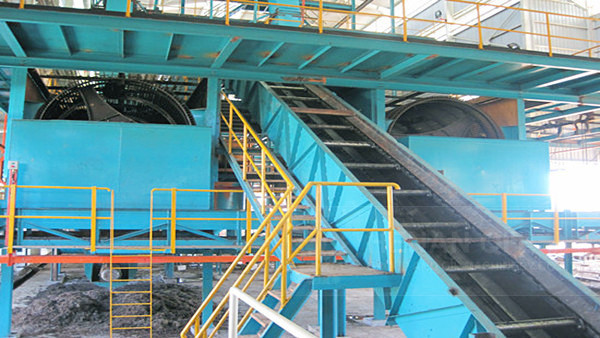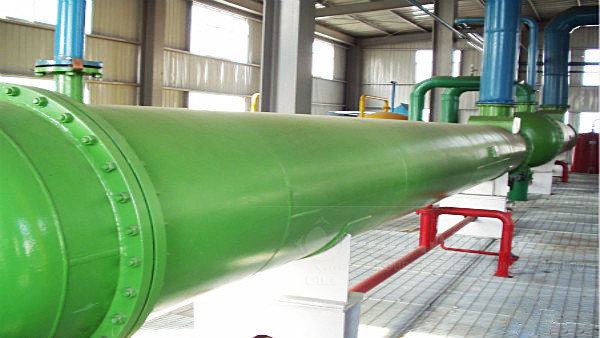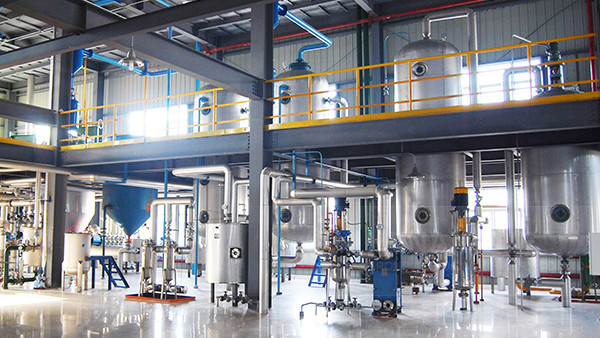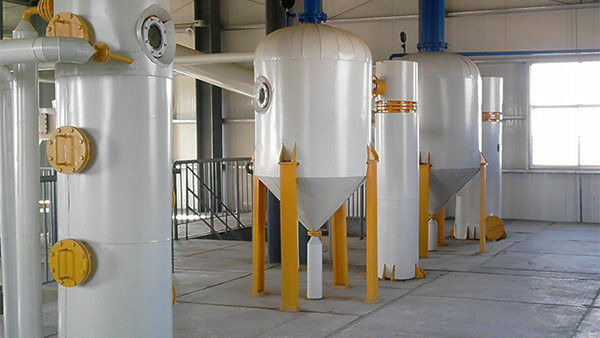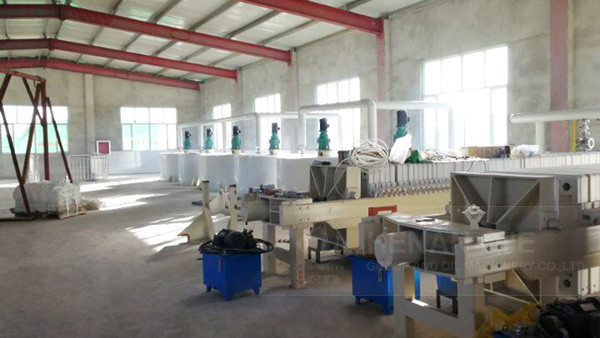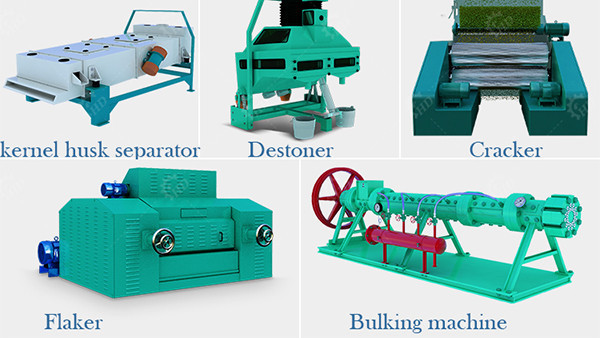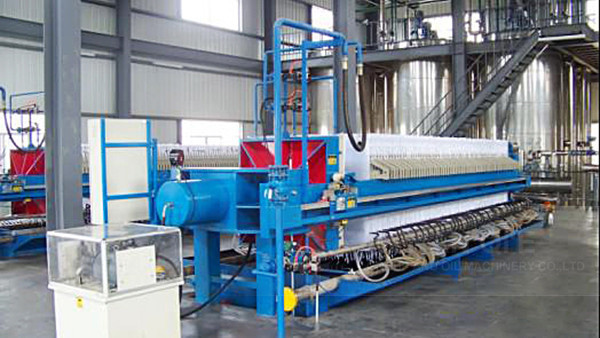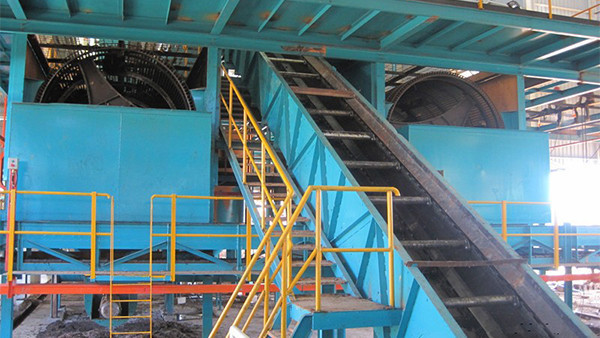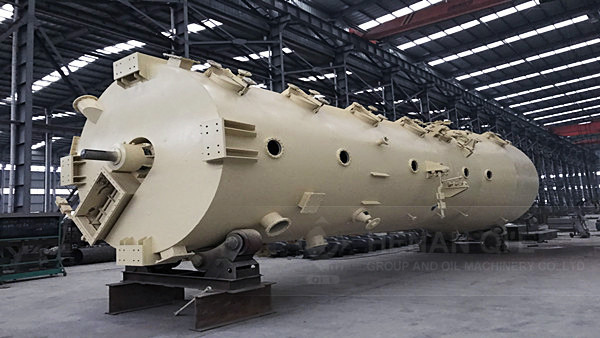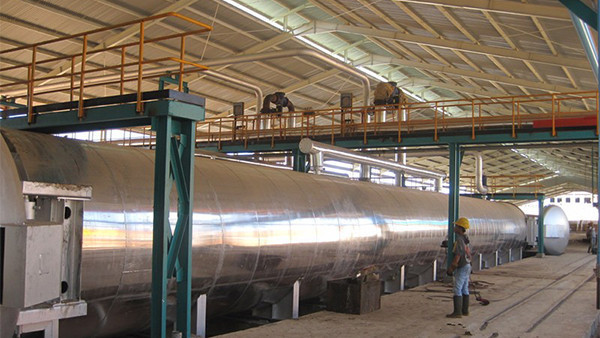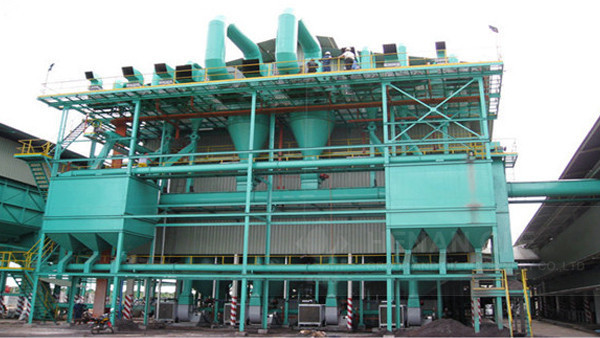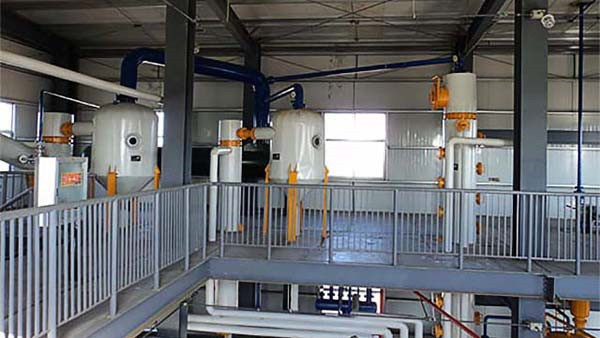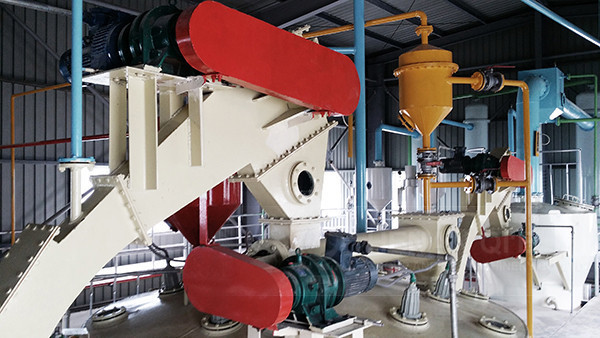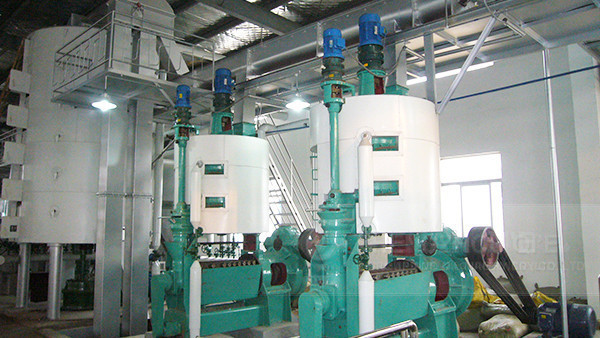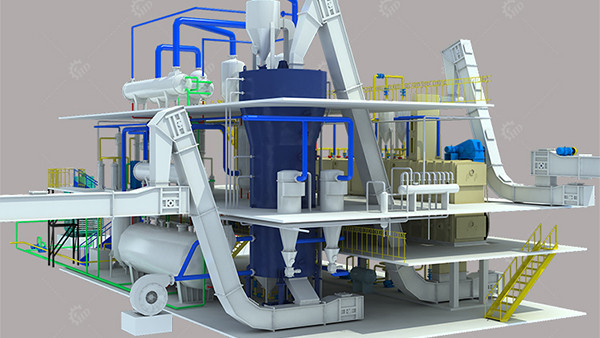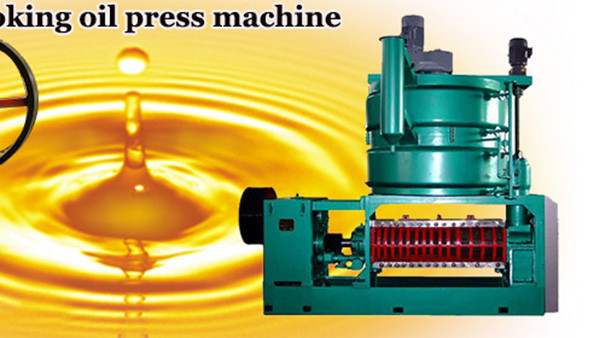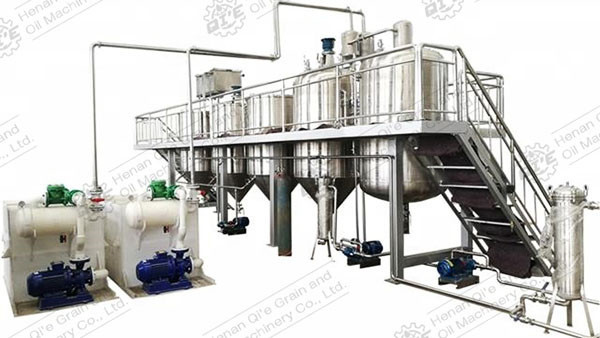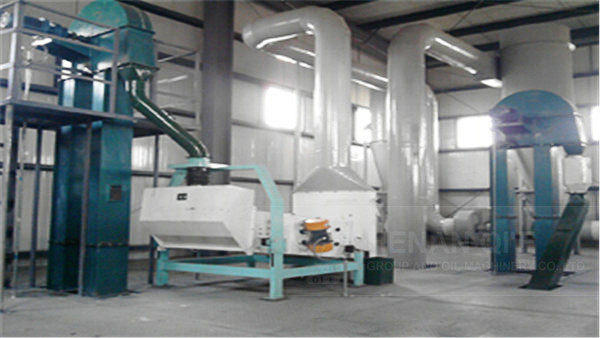![[pdf] effects of refining process on sunflower oil minor components: a review - semantic scholar](/pic/machine-for-press-oil-51.jpg)
[PDF] Effects of refining process on sunflower oil minor components: a review - Semantic Scholar
Effects of refining process on sunflower oil minor components: a review. A. A. Gotor, L. Rhazi. Published 1 March 2016. Chemistry, Environmental Science. Sunflower oil is well known because of its diversity of fatty acids profiles which allow different uses (food: dressing salads, margarines; nonfood: agrofuel, lubricants).
Get Inquiry
Sunflower oil manufacturing process - Edible Oil Expeller Machinery
1. Sunflower oil pre-press process Sunflower¡ú Magnetic seperating( Metal impurities)¡ú cleaning¡ú husking¡ú flaking roll¡ú Cooking¡ú pressing workshop First, use magnetic separator, de-stonner and vibrate cleaning sieve to remove metals, small stones, impurities from sunflower raw seeds. Second, use husking machine to remove husks, separating screen to separate husk and sunflower kernel
Get Inquiry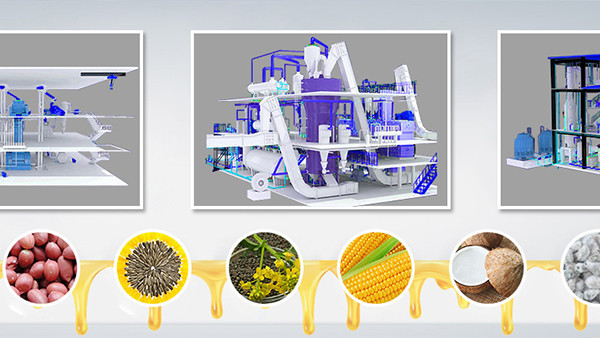
Edible Oil Manufacturing Process for Optimal Production
If you¡¯re just getting started in the edible oil manufacturing process, investing in a batch refinery is the safer option to achieve optimal oil yield. Batch refining is usually ideal for its simplicity; it is perfect for small-scale oil production (between 1 and 30 tonnes per day) and is likely to give you the confidence to persist in the
Get Inquiry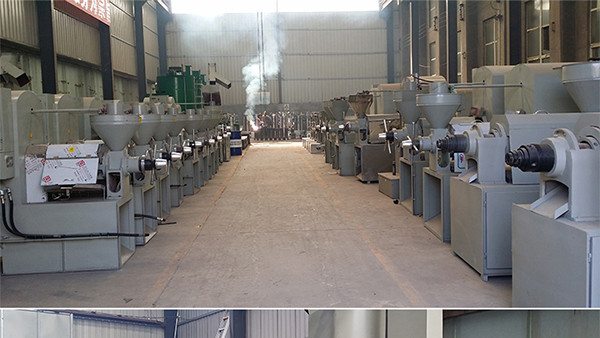
ISKON OIL | VICTORIAOIL
ISKON is high-quality, pure, 100% natural sunflower refined edible oil used for cooking, frying and roasting, as well as for salads and mayonnaise. Iskon oil is rich in vitamin E and polyunsaturated fatty acids. The natural properties of sunflower are preserved in the oils, thanks to the physical refinement process applied during production. Optimal values of the nutritional ingredients have
Get Inquiry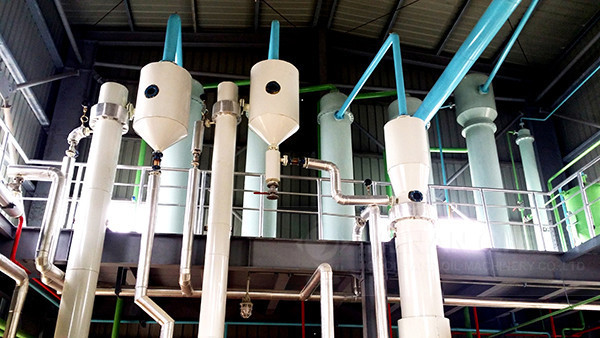
Edible vegetable oils from oil crops: Preparation, refining, authenticity identification and application - ScienceDirect
Sunflower oil, soybean oil, palm oil, rapeseed oil and peanut oil are commonly used in cooking [70]. During cooking, oil is added to food to give it taste, colour and fragrance. However, the high temperature and length of the cooking process will not only destroy the unsaturated fatty acids and trace active substances but also lead to the oxidation of the oils into primary or secondary
Get Inquiry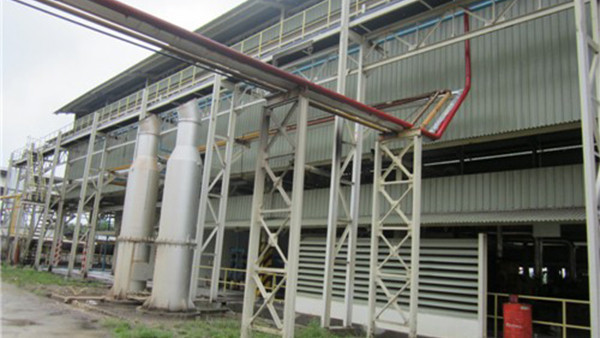
Physical refining of sunflower oil | Request PDF
Physical refining has several advantages compared to the classical chemical one. This process is more economical (improved yield, lower investment cost, less chemicals used) environmental friendly
Get Inquiry![[pdf] physical refining of sunflower oil | semantic scholar](/pic/machine-for-press-oil-7.jpg)
[PDF] Physical refining of sunflower oil | Semantic Scholar
Physical refining has several advantages compared to the classical chemical one. This process is more economical (improved yield, lower investment cost, less chemicals used) environmental friendly process (no soapstock to be treated, splitted) but more sensitive to the crude oil quality. Physical refining of sunflower oil is discussed in details.
Get Inquiry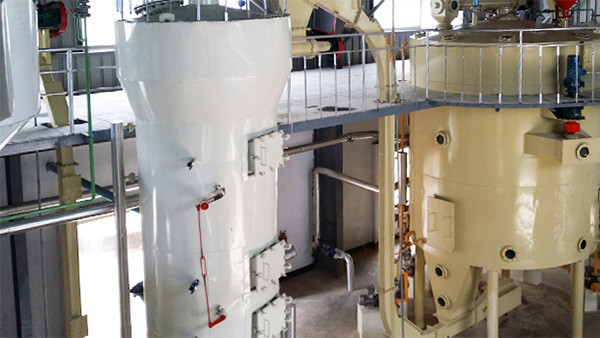
The application of phosphoric acid in vegetable oil refining industry
In vegetable oil refining industry, adding phosphoric acid or hot water is to remove the gums from crude oil, which is called degumming process. But because adding phosphoric acid has better degumming effect than using hot water, and it can even remove nonhydratable substance, it is more suitable for high-level edible oil refining process.
Get Inquiry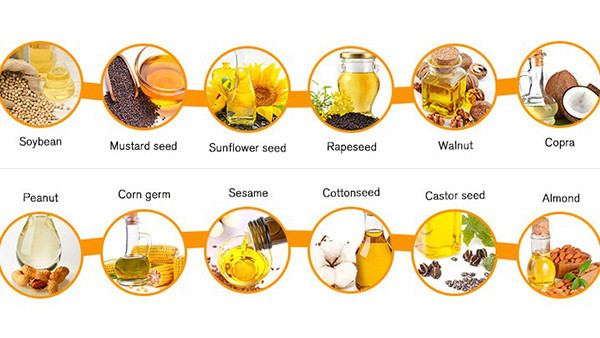
Neutralization Process, Oil Neutralization, Crude Oil Neutralization, Edible Oil Neutralization, Neutralizers, Neutralizer Reactors ... - Oil Refinery
Second Stage of Vegetable Oil Refining Process Neutralization or simply Neutralizing is the second process in the vegetable oil refining which commences after degumming completion. The feedstock is taken into the Neutralizers where the heating temperature range is kept at 55 C to 70 C depending on the quality of crude oil.
Get Inquiry
Extracting and refining steps of sunflower oil.
Figure 1 represents schematically the main steps of sunflower oil extraction and refining. There are five main stages where there is a potential leak of minor components: Degumming, neutralization
Get Inquiry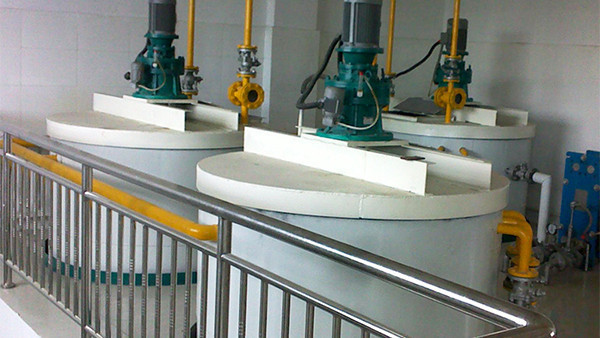
(PDF) Effects of refining process on sunflower oil minor ...
ming stage of the physical re?ning process. Karaali ( 1985. showed a lower reduction in the total tocopherol content, in. about 4%. Karaali ( 1985) also studied the e?ect of chemical
Get Inquiry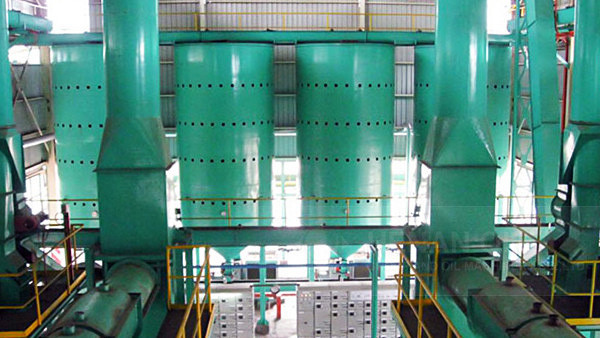
Sunflower Oil Refinery Plant Process - Oil Expeller
The steps involved in Sunflower Oil Refining Process: Degumming. Neutralization. Water Washing. Vacuum Drying. Bleaching. De-waxing. Deodorisation. The chemical refining stages of Sunflower oil are also similar to other soft oils except dewaxing which is additional as sunflower oil contains wax which will be removed by dewaxing process.
Get Inquiry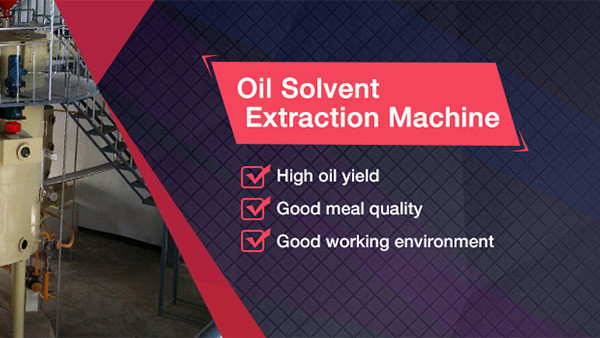
(PDF) Chemical refining of sunflower oil: Effect on oil stability
Oleic and linoleic acid contents of canola oils obtained from each refining step were determined between 60.64% (deodorized oil) and 64.04% (neutralized oil) to 19.93% (neutralized oil) and 24.58%
Get Inquiry![[pdf] effects of refining process on sunflower oil minor components: a](/pic/machine-for-press-oil-36.jpg)
[PDF] Effects of refining process on sunflower oil minor components: a
Effects of refining process on sunflower oil minor components: a review. A. A. Gotor, L. Rhazi. Published 1 March 2016. Chemistry, Environmental Science. Sunflower oil is well known because of its diversity of fatty acids profiles which allow different uses (food: dressing salads, margarines; nonfood: agrofuel, lubricants).
Get Inquiry![[pdf] physical refining of sunflower oil | semantic scholar](/pic/machine-for-press-oil-32.jpg)
[PDF] Physical refining of sunflower oil | Semantic Scholar
Physical refining has several advantages compared to the classical chemical one. This process is more economical (improved yield, lower investment cost, less chemicals used) environmental friendly process (no soapstock to be treated, splitted) but more sensitive to the crude oil quality. Physical refining of sunflower oil is discussed in details. Recent developments in the field of processes
Get Inquiry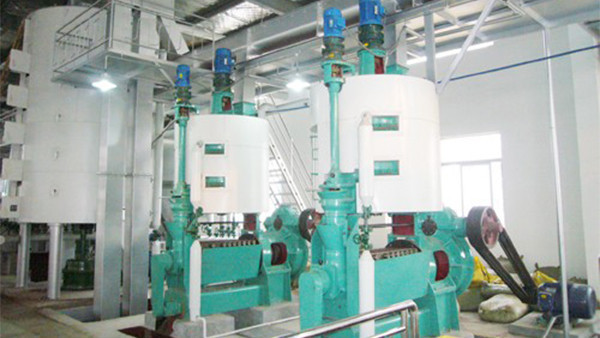
Edible vegetable oils from oil crops: Preparation, refining
In addition, the refining process of oil is also continuously optimized to meet the requirements of consumers for higher levels of oil quality [19]. It is worth noting that in order to increase their profits, many businesses adulterate vegetable edible oils, which greatly harms the health of consumers [20]. Therefore, the identification of
Get Inquiry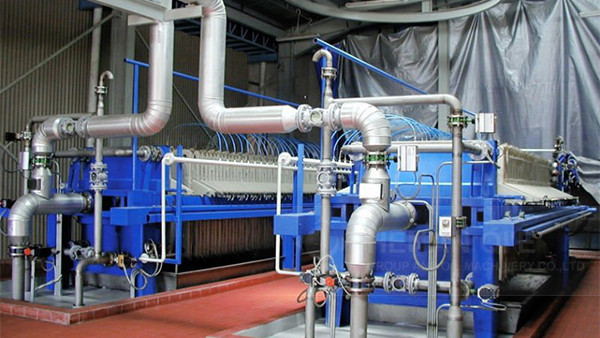
Edible Oil Refining Process - Silverson
Edible oil refining is normally a high volume, continuous operation. The reagent additions are traditionally carried out using low shear static mixers or inline agitators, which can lead to several potential problems: The acid and sodium hydroxide solutions make up only a small fraction of the total product, and must be reduced to the smallest
Get Inquiry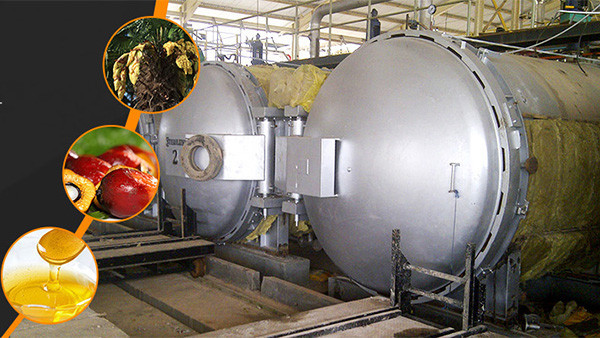
Simulation of continuous physical refiners for edible oil
Simulation of batch physical refining and deodorization processes. R. Ceriani A. Meirelles. Engineering, Chemistry. 2004. This work presents an application of a differential distillation model for the simulation of batch physical refining and/or deodorization processes in the vegetable oil industry.
Get Inquiry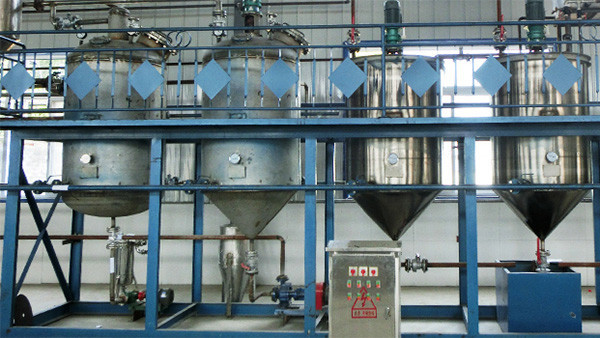
Edible oil refining
Edible oil refining is a set of processes or treatments necessary to turn vegetable raw oil into edible oil.. Raw vegetable oil, obtained from seeds by pressing, solvent extraction, contains free fatty acids and other components such as phospholipids, waxes, peroxides, aldehydes, and ketones, which contribute to undesirable flavor, odor, and appearance; for these reasons, all the oil has to be
Get Inquiry
